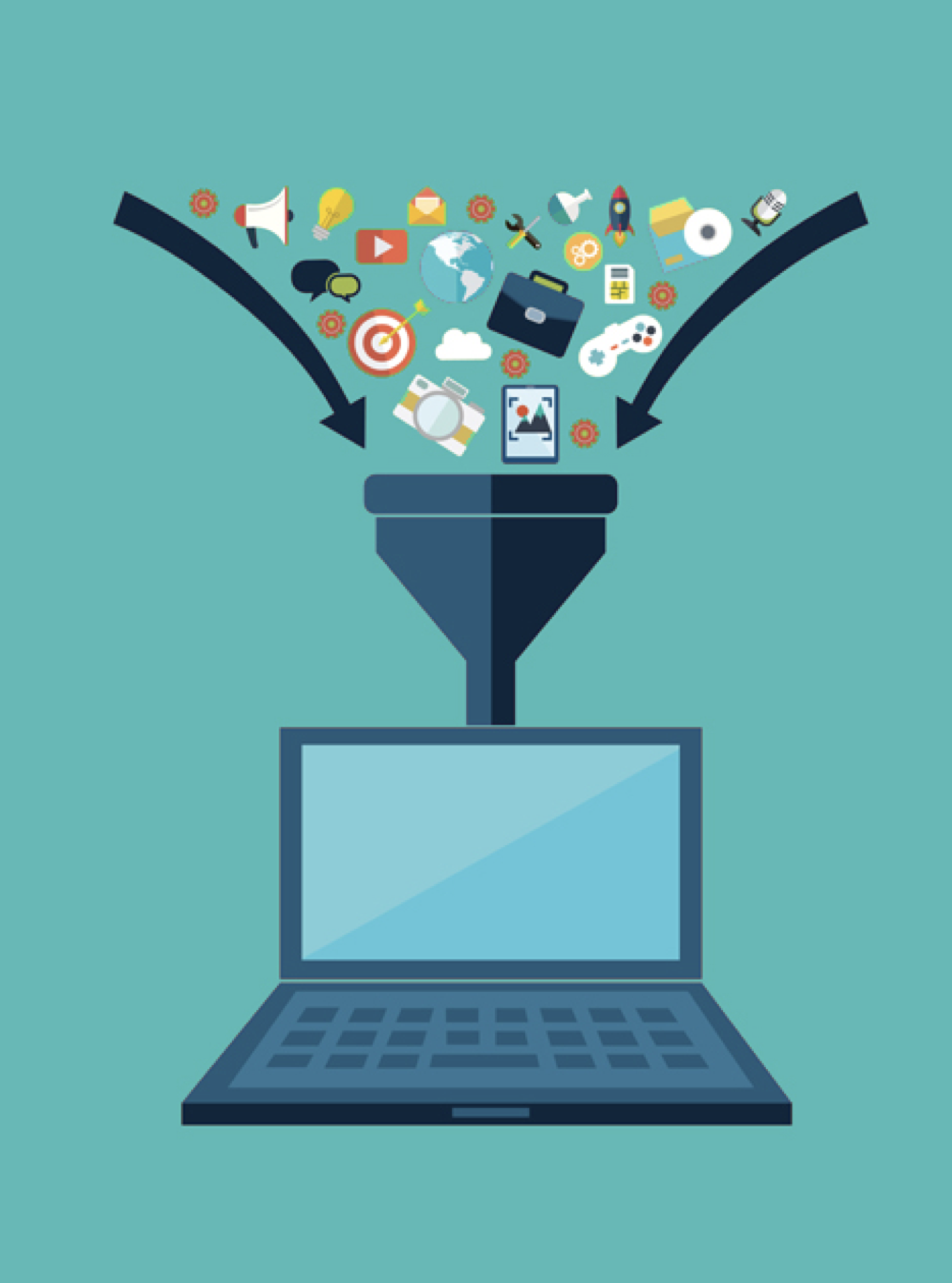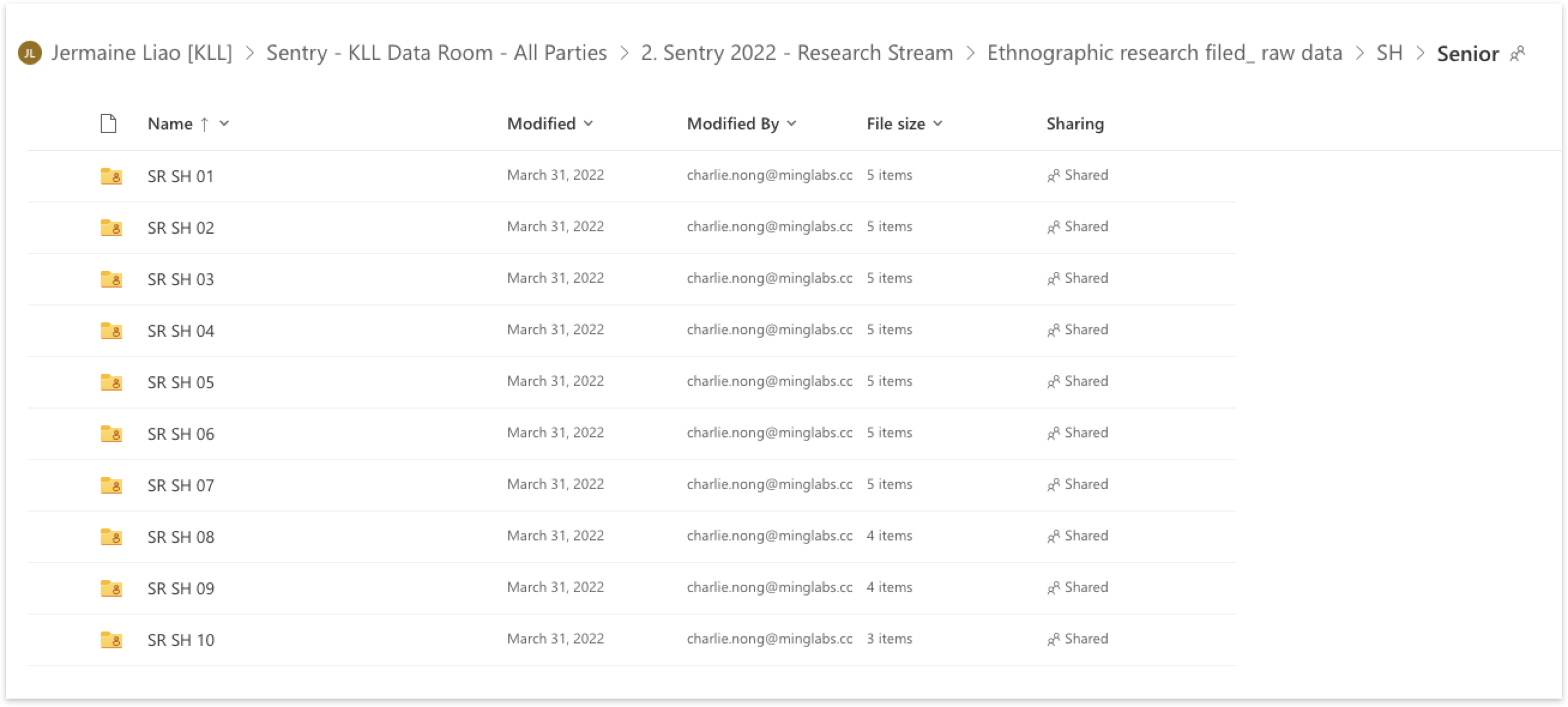Previous
¶ Data Collection
¶ What it is
As you go through the experimentation phase and run various experiments, it is essential to collect all kinds of data from those experiments in a structured form that can later be analysed and to ensure that that data is well kept and archived for later usage.
¶ Why it is useful
The whole purpose of experimentation is the creation of new knowledge about the nature of reality; hence data is the intermediary step towards that knowledge and needs to be regarded as the gold we are mining with all of our work and efforts.
¶ When to use it
Whenever you run experiments, you need to have governance and discipline around collecting and storing data.

¶ How is it done
- Set up a file structure that reflects the logic of your experimentation plan. Reflect on what kinds of data will be collected from each experiment.
- When experiments are being concluded, regularly (in reasonable intervals, depending on the investigation) collect and store the data they generate in the file structure.
- Run weekly reviews on your experiment data room to ensure you have all the necessary outcome data.
¶ Do's & Don't
Do's
- Beware of version conflicts - constantly review the data carefully to ensure only the latest and most useful version is quickly accessible.
- Do archive older versions of data if you want to be able to refer back to them. Ensure they are clearly labelled as archived, and it is obvious where the most current version is stored.
- Assign responsibilities for various areas to different team members, ensuring clear ownership for completing the relevant experiment area.
- Utilise the data room on an ongoing basis throughout the experimentation, building a shared repository of knowledge to refer to.
Don't
- Don’t wait to download and structure all data until after many experiments are run; some data might not be accessible all the time or get compromised over time.
¶ Tools needed
- Shared file storage (e.g., Sharepoint or Google Drive)
¶ Example
